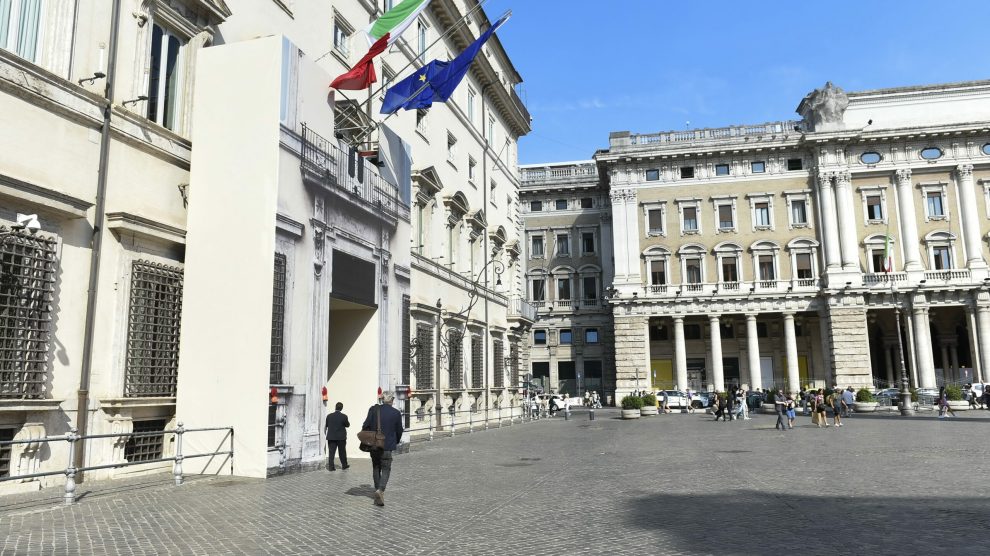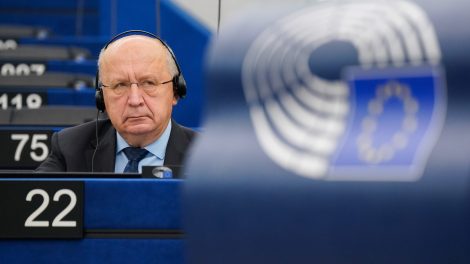The Plan, introduced on March 12, 2024, is a coordinated, multi-ministerial strategy designed to prevent the spread of fentanyl—a synthetic opioid 100 times more potent than morphine—that has already caused a devastating health crisis in the United States.
What happened today: Undersecretary Alfredo Mantovano, who holds the role of Delegated Authority for the Security of the Republic, an office that includes the Prime Minister’s Anti-Drug Department chaired the meeting, attended by Ministers Carlo Nordio (Justice), Orazio Schillaci (Health), Marina Calderone (Labour), and Alberto Barachini (Publishing), along with representatives from all ministries involved.
- No emergency has been reported nationwide, but the government plans to strengthen existing prevention and monitoring mechanisms.
Key data points:
- Online monitoring: Data collection from the web and dark web to identify illegal sales channels, focusing on Telegram and cryptocurrency transactions.
- Emerging substances: Focus on Xylazine and Nitazenes, two new compounds used as opioid cutting agents, and research into the use of artificial intelligence for developing new synthetic opioids.
- Healthcare and training: Around 20 medical facilities are now equipped to detect fentanyl; poison control centres and forensic toxicology labs are actively involved.
- Operations and investigations: 15 people reported for falsifying prescriptions and illicitly obtaining opioid-based medications; seizures carried out in several provinces.
- Prevention: School awareness campaigns, police training programs, and new chemical analysis kits provided to the RIS of Rome and regional labs.
In a nutshell: “At present, our territory is unaffected by large-scale trafficking,” Mantovano said. “But international experience teaches us how crucial it is to anticipate the problem through prevention—the essential core of national intervention.”
Why it matters: Fentanyl has become the leading cause of overdose deaths in North America. Still in the preventive phase, Italy aims to ensure the crisis does not replicate in Europe by reinforcing coordination among ministries, law enforcement, and the public health system.





